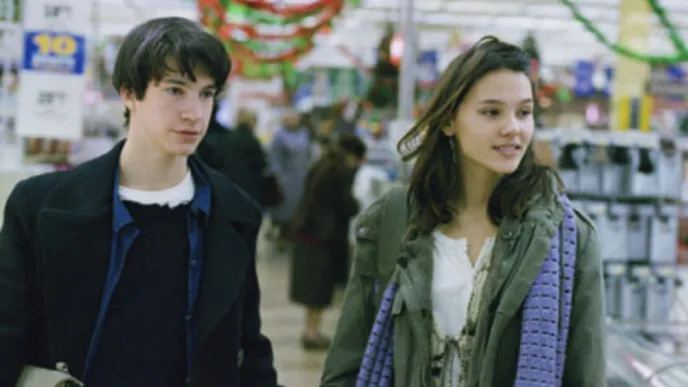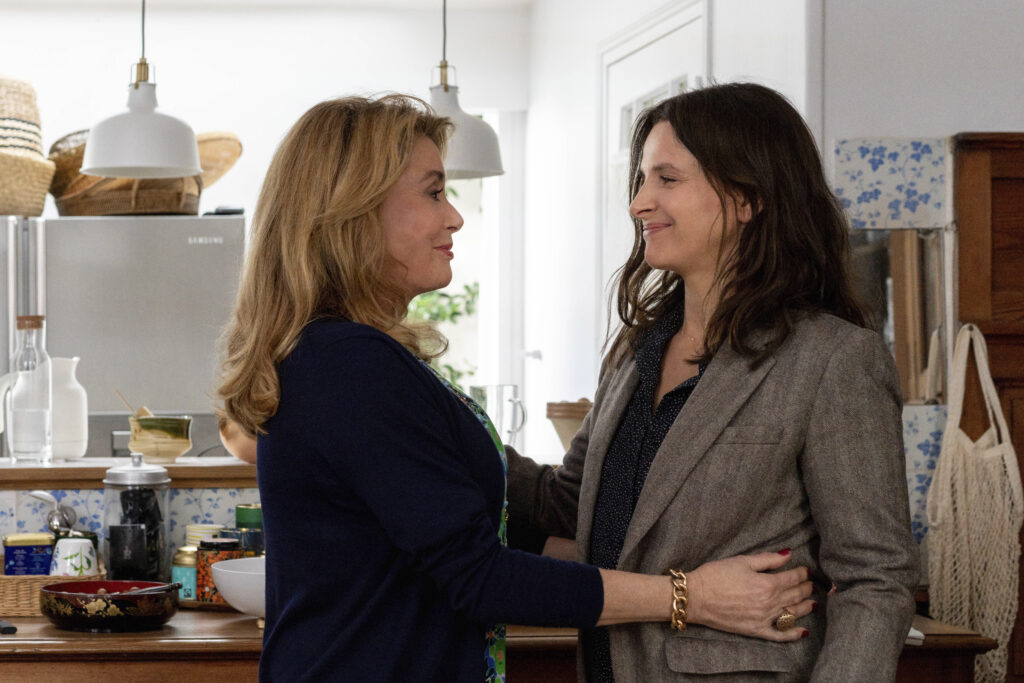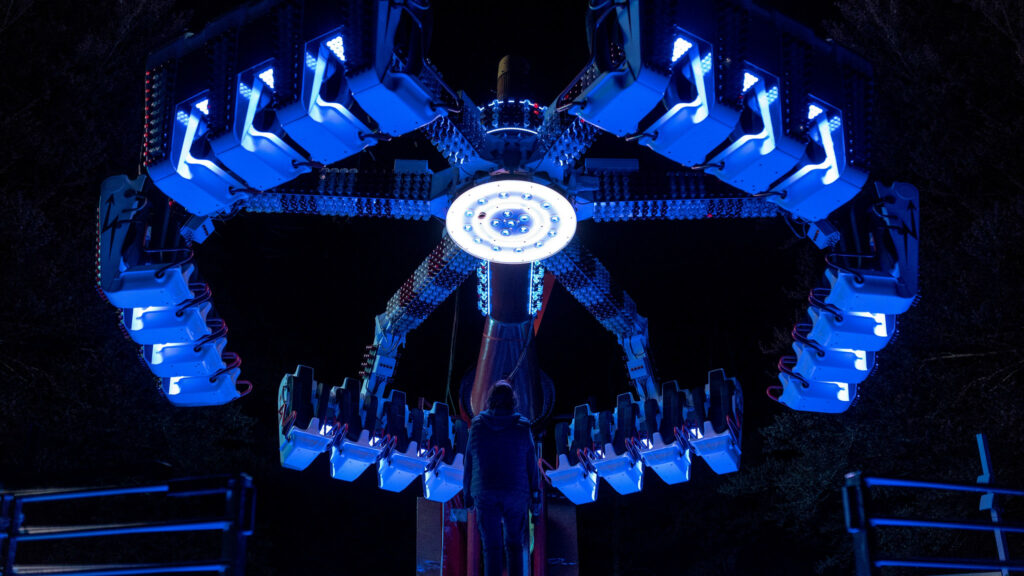Classic Film: Cold Water
Written by Ian Thomas Malone, Posted in Blog, Movie Reviews, Pop Culture
There’s a certain timeless angst to the toils of youth. Puberty floods the body with a sea of hormones few individuals are equipped to handle. An enhanced sense of freedom shields the broader panopticon from view, a lot of ideas for the future without many means to execute them. Set in the 1970s, the 1994 French film Cold Water (original title L’eau froide) captures teenage angst through a series of seemingly inconsequential yet powerful moments in its characters’ lives.
The film largely deploys a stream-of-consciousness approach centered on its two leads, Christine (Virginie Ledoyen) and Giles (Cyprien Fouquet). The two have an easy sense of chemistry, united by a common love of mischief. When Christine takes the fall for a shoplifting exercise gone wrong, her parents send her to a mental institute, her newfound sense of freedom promptly snatched away.
Director/writer Olivier Assayas centers the emotional anchor of his narrative at an abandoned rural chateau, which becomes the site of a small teenage rave. Utilizing a soundtrack powered by Janis Joplin, Leonard Cohen, Bob Dylan, Nico, and Alice Cooper, the film captures the relatable essence of being a teenage free spirit, alongside its shortcomings that would be lost of the youth, but not necessarily the audience. It’s easy to feel free when the drugs are flowing and the music’s blasting. Possessing actual agency is a far different story.
Ledoyen and Fouquet are fun to watch together, each carrying their fair share of the film’s emotional weight in an otherwise sparse narrative. Assayas keeps things tight with a 92-minute runtime that doesn’t overstay its welcome or allow the audience’s sympathies to shift to the more reasonable adults in the room. As its title suggests, most grand ideas of youth could do with a bit of cold water splashed to buff them out.
Assayas delivers a timeless slice of youth, powered by two emotionally raw performances from his young actors, as well as a killer score. Cold Water doesn’t necessarily reinvent the genre, but it’s a compelling narrative to spend time with. Many adults can relate to the passions exhibited in the film, even if we might cringe a bit from seeing too much of ourselves on the screen.













